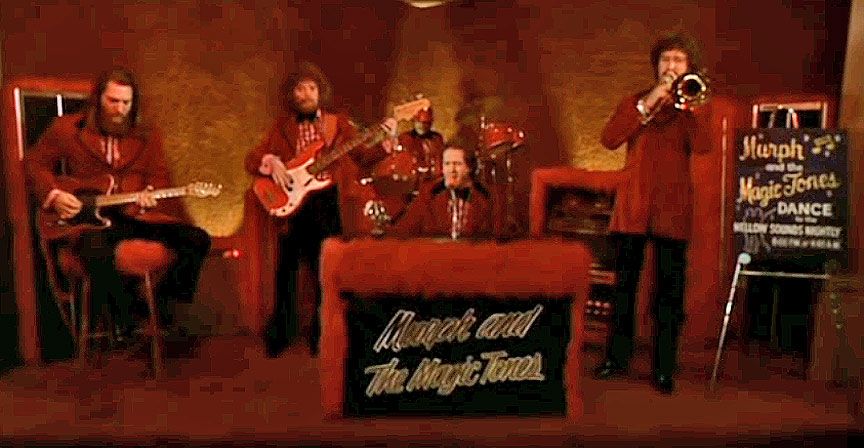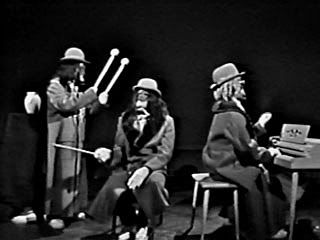“This goes back to the beginning of the process.... it starts when you are recording the tracks. It continues as you enter the mix down stage, and continues through the polishing and exporting and final audio editing stage. At the end, when you export the wave, it should already be at or very near it's final volume level and consistent with everything else you have exported. If it's off noticeably, you should reevaluate what's going wrong.
With that goal accomplished, you can adjust the mix.... bass, highs, level, to any club/venue situation easily with the tone controls on the PA mixer board, and with consistent levels throughout, you aren't grabbing and adjusting the volume control on every song.”
Quoted verbatim. It sounds great, but in the real world, it's just
not true.
I will quote the OP verbatim as well:
“I've tweaked the volumes on certain instruments/styles and use MP3Gain to supposedly make all the MP3 volumes fairly equal, but find that on a gig, I have to scramble to raise/lower the volume on a particular song, or turn down the bass, etc...”
Let me try again. The OP is a working musician, who obviously has both a studio and a PA. His problem relates to the disparities between the very different characteristics of those two systems. You fail to grasp that concept.
“IN OTHER WORDS: If you get a consistent mix from one song to the next while mixing in your studio, you can SAFELY set the level, and the tone controls ONE TIME and since the songs are consistent from one to the next regarding EQ and volume, there will be no need to adjust it again during the show.”
IN OTHER WORDS

: That is simply not true. I don't know how else to put it. I do this every single day. You need to have consistency from track to track, and this can only be accomplished by mixing the tracks through the PA you intend to use and using your ears to set levels and EQ. We have three separate PA's, and they each require
different mixes. Why? Different amps, speakers, cabinets, dispersion, efficiency, etc. Lots of reasons.
Another quote:
"I use BIAB 14 and do a lot of outside gigs. I do my recording and mixing all at home with the same PA that I use on the job.”
Roger Mattingly
That was the only point I was trying to make.

